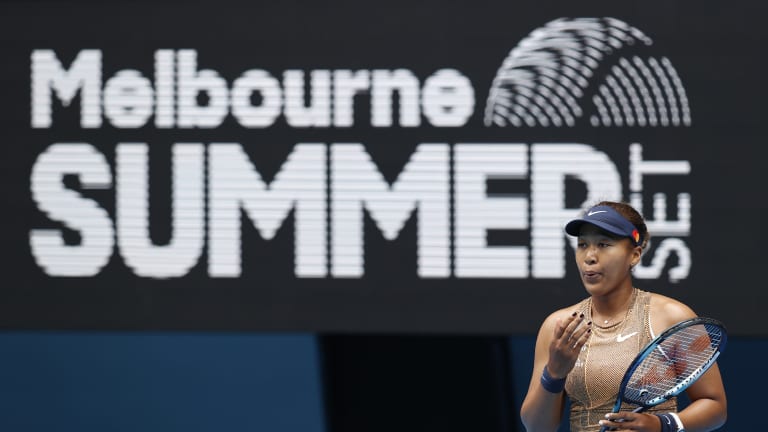2022 Season Preview
Most likely to rebound from a tough 2021: Marin Cilic and Naomi Osaka
By Jan 09, 20222022 Season Preview
Climbing back up the mountain: Dominic Thiem can take inspiration from fellow Austrian hero Gregor Schlierenzauer on the art of flying high again
By Feb 04, 20222022 Season Preview
The Big Threes: Germany’s men’s, women’s and doubles luge programs are the Federer, Nadal and Djokovic of the icy sport
By Jan 12, 20222022 Season Preview
Six We Love in 2022: The Men
By Jan 09, 20222022 Season Preview
Six We Love: The Women
By Jan 08, 20222022 Season Preview
Most Likely to Endure a Sophomore Slump in 2022: Maria Sakkari and Andrey Rublev
By Jan 06, 20222022 Season Preview
Most Likely To Be This Year's Teen Phenom: Carlos Alcaraz and Clara Tauson
By Jan 05, 20222022 Season Preview
Most Likely To Earn a Top 10 Debut: Elena Rybakina and Taylor Fritz
By Jan 04, 20222022 Season Preview
Iga Swiatek, Poland’s tennis ace, has learned plenty from one of the best to hold ski poles, Mikaela Shiffrin—and vice versa
By Jan 03, 20222022 Season Preview
Most Likely To Have a Major Breakthrough: Casper Ruud and Aryna Sabalenka
By Jan 03, 2022Most likely to rebound from a tough 2021: Marin Cilic and Naomi Osaka
While they aren’t immune from struggles, the safe bet is that these major champions rebound in the new year.
Published Jan 09, 2022
Advertising

After finishing 2018, 2019 and 2020 in the Top 5, Osaka finished 2021 at No. 13. Can she bounce back in 2022?
© Getty Images